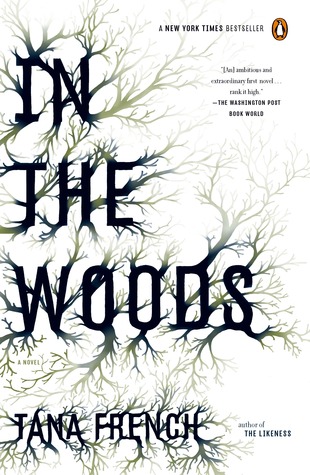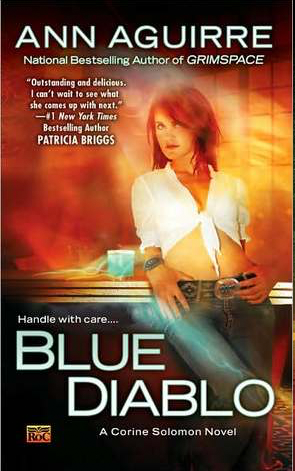I received this book for free from the library in exchange for an honest review. This does not affect my opinion of the book or the content of my review.
Source: the library
The Plot Thickens
by
Mary Higgins Clark
It is part of the , Stephanie Plum #xx.5 series and is a suspense in a paperback edition that was published by Pocket Books on November 1, 1997 and has 257 pages.
Explore it on Goodreads or Amazon
Eleven suspenseful short stories involving thick that twist the ending from the expected.
Series
“Last Peep” (Stephanie Plum, xx.5)
“Thick Headed” (Fearless Jones, 0.5)
The Stories
Lawrence Block‘s “How Far It Could Go” is a slightly scary encounter between a woman wronged and a guy who owns parking lots, reads books, and sets up bully boys. It’s a do-it, don’t-do-it scenario with all the ramifications spelled out.
Edna Buchanan‘s “Foolproof” finds Detective Dan Flood and Dr. George Webb, the Dade County Medical Examiner at point-non-plus with a set of fingerprints…that match two guys.
Mary Higgins Clark‘s “Man Next Door” makes you realize you just ain’t safe anywhere and pay attention! A serial killer versus love.
Carol Higgins Clark‘s “Too Many Cooks” is actually rather funny with Ellie Butternut on location to act in a commercial for a steak sauce with an ambitious director. That damned rash she suffered is back again…and sets off her radar.
Nelson DeMille and Lauren DeMille‘s “Revenge and Rebellion” is too, too funny! A dumped writer who creates a magnum opus of her short life, dwelling on every single feeling she’s ever had and how awful everyone else is to and around her! And the agent who tells her the truth. The ending was absolutely hilarious!
Janet Evanovich‘s “Last Peep” occurs a year into Stephanie’s working for Vinnie when she and Lula track down Sammy the Squirrel. Dead. It’s definitely a Plum scenario but with less of the usual hilarity although it is Steph, Lula, and Grandma who work out the real whodunnit and leave it with a nice sense of frontier justice. No Joe or Ranger in this one.
Linda Fairstein‘s “Going Under” finds Officer Samantha Atwell agreeing to visit the dentist for her abscessed tooth in exchange for a promotion. Seems the guy is a bit too handy…
Walter Mosley‘s “Thick Headed” is convoluted and very complicated in its short length of betrayals and vengeance. Pimps, whores, gangsters, and a family torn up. It’s amazing how much detail Mosley can get in, in just a few pages.
Nancy Pickard‘s “Love’s Cottage” was rather unsatisfying. A fictional account of events occurring a few days before a tragic fire at Frank Lloyd Wright’s Taliesin in Wisconsin putting it down to the damaged ego of a newly-hired butler as seen from his wife’s, the new cook’s, perspective.
Ann Rule‘s “Road Trip” was also unsatisfying with its ending. I wanted her to leave the bugger! Instead, Blair Scott took the newfound courage she found after the road trip she took across the Cascades to Wenatchee and returned to the controlling, jealous husband she left.
The whole trucker thing made no sense whatsoever. What were the drivers doing so far from “home territory” driving a big rig that followed that particular road?? Why on earth would they imagine that Blair could take them seriously? Duh…
Donald E. Westlake‘s “Take It Away” is pretty funny with a long line at the local Burger Whopper where one of the screw-up FBI agents is picking up food for the team on stakeout on a person-of-interest in a series of art thefts from European churches. It’s all about a conversation between two guys waiting in line. A conversation filled with innuendo that could go two ways.
Oh man, I can definitely see why this group of Feebies are screw-ups…
The Cover and Title
The cover is quite dull and boring with its strip of red for the promoting author’s name, the gray perspective with a table setting of one extremely thick book, blood spilling down the side accented with the thick goggles and all followed by a slightly larger black filled with contributing author’s names.
The title sounds more like a catchy-sounding manual for writers with tips on how to write. Instead, it actually refers to the twisty ends of the individual stories.










